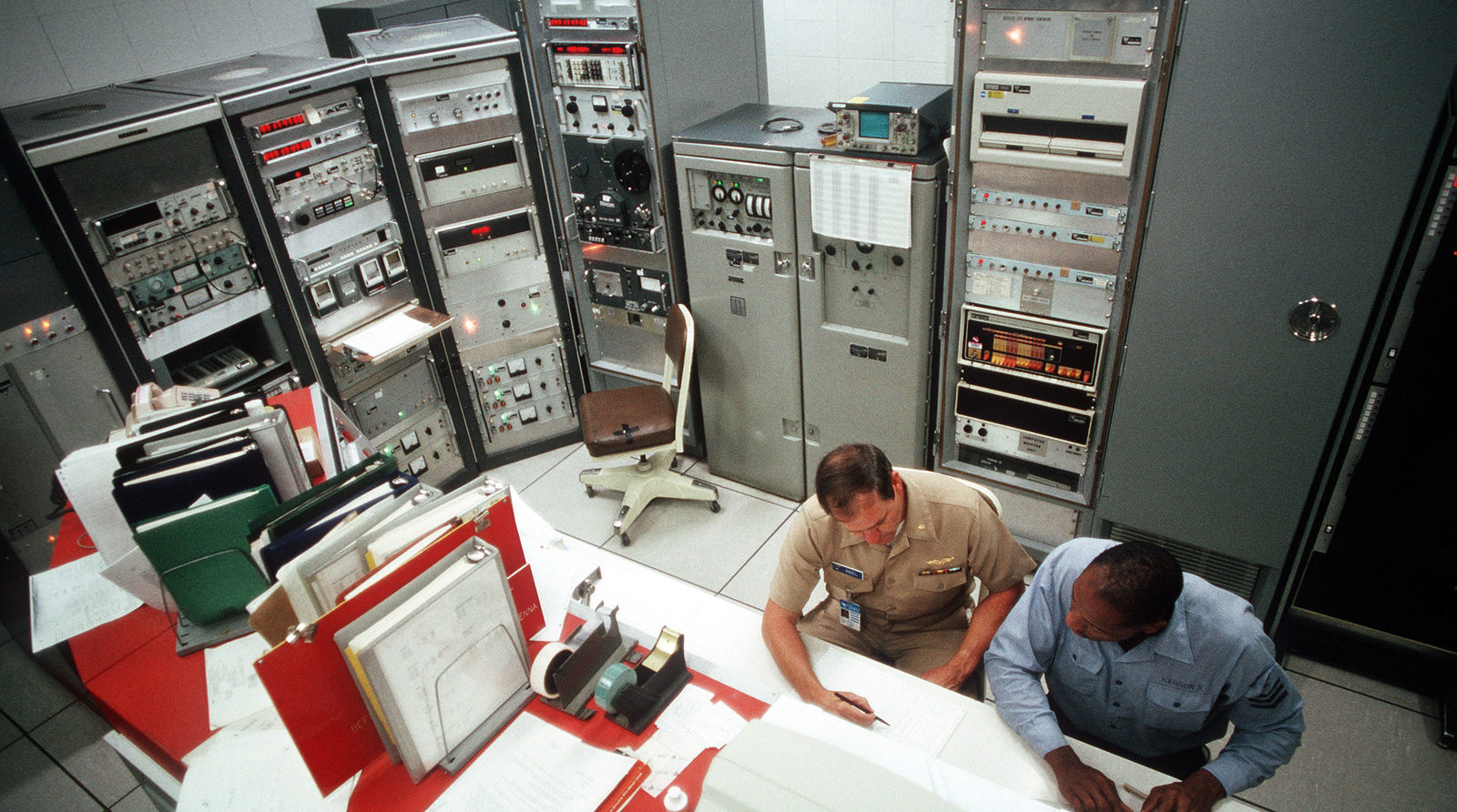Author: Stephen Mason
Stephen Mason was called to the Bar by Middle Temple in 1988 and is a Visiting Researcher (2023–2024) at the Centre for Technology, Robotics, Artificial Intelligence and the Law, National University of Singapore (although not physically in Singapore) He is the joint editor, with Professor Daniel Seng, of Electronic Evidence and Electronic Signatures (5th edition, Institute of Advanced Legal Studies for the SAS Humanities Digital Library, School of Advanced Study, University of London, 2021), open-source. He founded the open-source international journal Digital Evidence and Electronic Signature Law Review.

The Post Office Horizon IT scandal: convictions quashed but the legal causes remain
In a previous article in the Newsletter, “The Post Office Horizon scandal: the law says computers are reliable”, I set out an outline of the facts leading up to the second trial against the Post Office by Justice for Subpostmasters Alliance set up by Sir Alan Bates, recently and deservedly appointed a Knight Batchelor in […]
Read More
The Post Office Horizon scandal: the law says computers are reliable
The Post Office Horizon scandal will probably have come to the attention of most lawyers over the last 12 months. There are a number of significant issues other than legal that surround the scandal, and Paul Marshall of Cornerstone Barristers, Gray’s Inn, succinctly summarises them in a lecture he gave at the University of Law […]
Read More
Electronic evidence from the internet
By Stephen Mason and George Weir To ask the right questions of digital evidence professionals when instructing them, it is incumbent on the lawyer to be aware of what questions to ask. Here we describe the various mechanisms by which evidence in electronic form is adduced into legal proceedings via the worldwide web and internet. […]
Read More
Introducing eDisclosure and eSignatures
The “e” in the lives of lawyers has gradually crept up on us, and will remain with us for the foreseeable future. Our new world is full of dangers from the point of view of practice. The Bars and Law Societies continue to produce guidelines regarding practice, and any readers, if they are not already […]
Read More
Electronic evidence
Electronic signatures and electronic evidence are central to our lives; we all use technology. At present, there is no agreed term relating to the form of evidence that comes from our use of technology: specifically, software. For the sake of shorthand, the words “electronic” and “digital” are used interchangeably. A change of outlook Recording content […]
Read More
Electronic evidence: disclosure and admissibility
Digital devices (and thus digital evidence) are ubiquitous, and any lawyer that fails to ask their client for evidence from their laptop, Blackberry, mobile telephone, memory sticks or iPod is risking an action in negligence if such evidence could have been made available and would have been relevant in any legal proceedings but was not […]
Read More